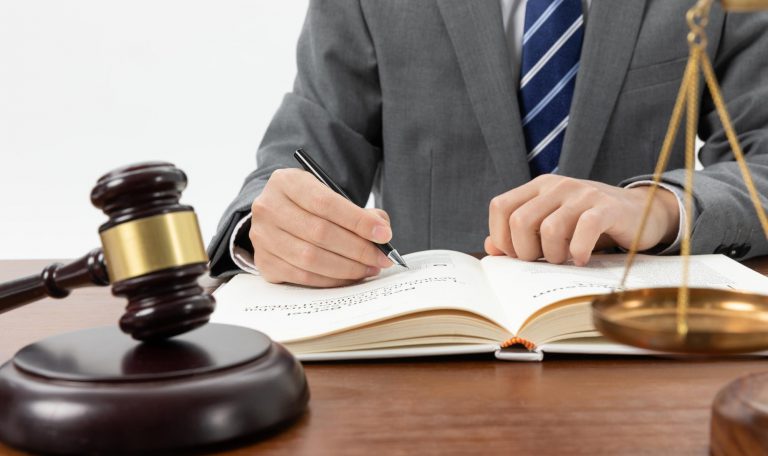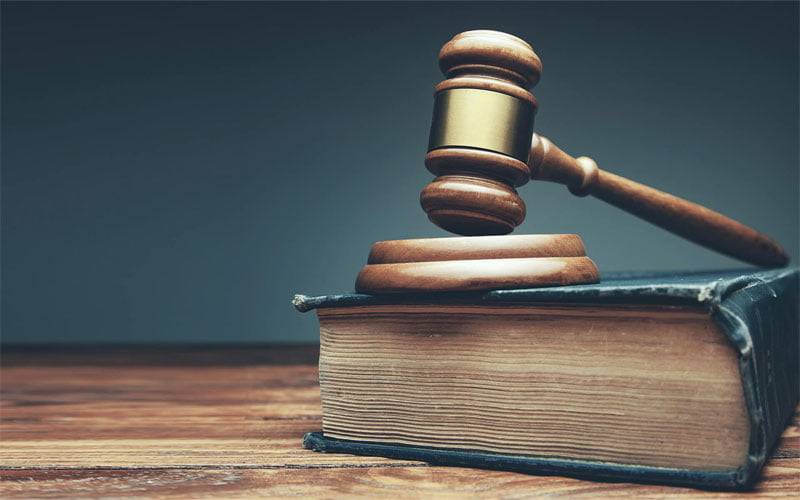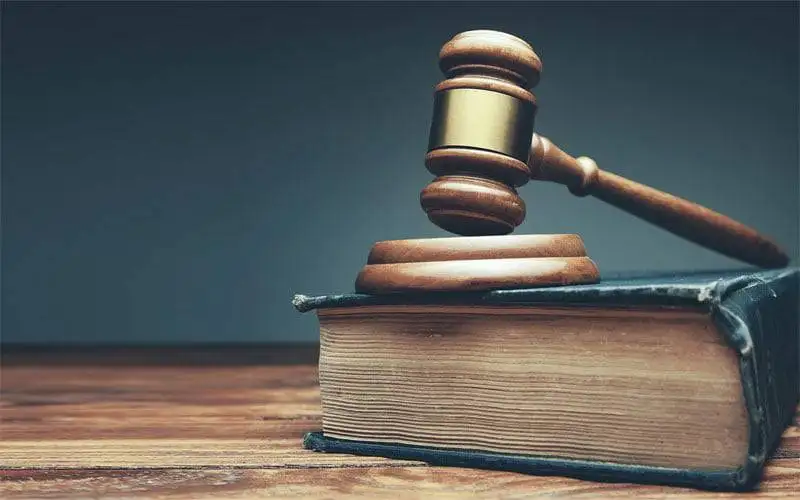From January 1, 2023, the Law amends and supplements a number of articles of the Law on Intellectual Property No. 07/2022/QH15 (hereinafter referred to as “Amended IP Law 2022” or “New IP Law”) came into force. In this article, Citilaw would like to point out new points on patent protection under the amended IP Law 2022.

- Amendment of regulations on novelty of inventions
The IP Law 2005 has provisions on the novelty of inventions in Article 60.1 but is still general.
The amended IP Law 2022 has amended Article 60.1 in the direction of clarifying two cases in which inventions are considered to have lost novelty. Specifically, an invention is considered novel if it does not fall into one of the following cases:
- Being publicly disclosed in the form of use, written description or any other form in the country or abroad before the date of filing of the patent application or before the priority date in case the patent application enjoys priority rights;
- Disclosed in another patent application with an earlier filing date or priority date but published on or after the filing date or priority date of that patent application.
- Supplementing regulations on the right to register patents
Firstly, the amended IP Law 2022 has added provisions allowing organizations and individuals assigned to manage gene resources to provide genetic resources and traditional knowledge about gene sources under contracts to access gene resources and share interests to apply for patent registration (Article 86.1.b).
Secondly, the amended IP Law 2022 has added Article 86a which stipulates the right to register patents as a result of state-funded science and technology tasks as follows:
- For inventions not in the field of national defense and security using the entire state budget, the right to register inventions, industrial designs and layout designs shall be assigned to the presiding organization automatically and without compensation;
- For inventions not in the field of national defense and security, which are invested with many capital sources, including a part of the state budget, the right to register patents, industrial designs and layout designs corresponding to the proportion of the state budget assigned to the presiding organization automatically and without compensation;
- In case the invention belongs to the field of national defense and security and uses the state budget, the right to register the invention shall correspond to the proportion of the state budget belonging to the State. Representatives of state owners exercise this right of registration.
- Adding the concept of “Secret Invention”
The IP Law 2005 does not mention the concept of Secret Patents.
The amended IP Law 2022 has added the concept of “A secret invention is an invention identified by a competent agency or organization as a state secret in accordance with the law on protection of state secrets” (Article 4.12a).
The Government of Vietnam shall detail the order and procedures for processing applications for confidential patents by a separate Decree.
- Supplementing provisions on security control over inventions before filing overseas applications
The amended IP Law 2022 has added Article 89a providing for Security Control over inventions before filing an application abroad. Concrete:
- Inventions in technical fields affecting national defense and security, created in Vietnam and subject to registration rights of individuals who are Vietnamese citizens and permanently residing in Vietnam or of organizations established under Vietnamese law may only apply for patent registration abroad if they have been filed for patent registration in Vietnam Male to carry out security control procedures;
- The order of patent registration procedures under the above provisions will be guided by the Government in a separate Decree.
Accordingly, in case the SC application is filed contrary to the above-mentioned security control regulations, it will be refused to accept a valid application.
- Amending and supplementing a number of provisions on invalidation of patents
Compared to the IP Law 2005, the amended IP Law 2022 has adjusted and supplemented a number of provisions on the invalidation of patents, namely:
- 2 cases of cancellation of all patent validity include:
- The patent application is filed contrary to security control regulations;
- A patent application for an invention is directly created based on genetic resources or traditional knowledge of gene sources but does not reveal or incorrectly disclose the origin.
- 6 cases in which a patent is cancelled in whole or in part, including:
- The applicant does not have the right to register the invention and is not transferred the right to register the patent by the person entitled to register the invention;
- The invention does not meet the conditions of protection such as no novelty, no level of creativity and no industrial applicability; or inventions contrary to social morals and public order, harmful to national defense and security;
- The amendment or supplementation of a patent application expands the scope of the object disclosed or stated in the application or changes the nature of the object requesting registration mentioned in the application;
- The invention is not disclosed so fully and clearly as to the extent on which it is possible for a person with an average knowledge of the respective technical field;
- The patented invention exceeds the scope disclosed in the original description of the patent application;
- The invention does not meet the principle of first filing as stipulated in Article 90 of the IP Law
- Supplementing provisions on general requirements for patent applications
The amended IP Law 2022 has added Point dd1 of Article 100 as follows: “Documents explaining the origin of gene sources or traditional knowledge about gene sources in patent applications, for inventions directly created based on gene sources or traditional knowledge about gene sources”.
- Add a mechanism to oppose a patent application
The IP Law 2005 provides a mechanism for third parties to comment with the National Office of Intellectual Property (IP) on the grant or non-grant of protection certificates for patent applications:
- The time limit is from the date the patent application is published in the Official Gazette of Industrial Property to before the date of issuance of the decision on granting the protection certificate.
- The document stating the opinion of a third person is considered a reference source for the processing of a patent application.
The revised IP Law 2022 has added a new mechanism to object to patent issuance of patent applications, with the following provision:
- The time limit for objection is 09 months from the date the patent application is published and before the date of issuance of the decision to grant the protection certificate;
- Objections must be made in writing together with documents or citing sources of information to substantiate the objection and must pay fees and charges.
- The order and procedures for handling objections will be detailed by the Minister of Science and Technology.
- Supplementing regulations on appraisal of patent application contents
The amended IP Law 2022 has added an official regulation allowing the National Office of Intellectual Property to use the results of appraisal of the content of the patent application to coincide with the invention requested for protection by a foreign patent office in the process of appraising patent protection in Vietnam. The Minister of Science and Technology will provide detailed guidance on this regulation.
- Additional cases of refusal to grant patents (Article 117)
The IP Law 2005 stipulates 3 cases of refusal to grant patents:
- There are grounds to assert that the object mentioned in the application does not fully meet the conditions for protection;
- An application satisfying the conditions for being granted a protection diploma but not an application with a priority date or the earliest filing date in the case specified in Clause 1, Article 90 of this Law;
- The application belongs to the case specified in Clause 2, Article 90 of this Law without the agreement of all applicants.
The new IP Law adds 6 more cases in which patent registration will be refused to grant protection certificates, namely:
- The patent applicant does not have the right to register;
- The amendment or supplementation of a patent application expands the scope of the object disclosed or stated in the application or changes the nature of the object requesting registration mentioned in the application;
- The invention is claimed for protection beyond the scope disclosed in the original description;
- The invention is not fully and clearly disclosed in the patent description to the extent that it is possible for a person with an average knowledge of the respective technical field to carry out the invention;
- The patent application does not reveal or inaccurately disclose the origin of the gene source or traditional knowledge of the gene source;
- The patent application is filed contrary to security control regulations.
- Supplementing provisions on compensation for patent owners for delays in licensing pharmaceutical marketing
This content has not been specified in the IP Law 2005 and has been detailed by the new IP Law in Article 131a as follows:
- When carrying out procedures for maintaining the validity of a patent, the owner of the patent is not required to pay a fee for the use of the protection certificate for the period during which the procedure for the initial circulation registration of a pharmaceutical manufactured under that patent in Vietnam is delayed.
- Procedures for registration of pharmaceutical circulation shall be considered delayed if at the end of two years from the date of receipt of a complete dossier of circulation registration, but the competent agency licensing pharmaceutical circulation does not give the first written response to the dossier.
- The delay period shall be counted from the first day after the end of two years from the date on which the competent authority licensing the pharmaceutical market receives sufficient dossiers until the first written response.
- The delay due to the fault of the applicant or due to causes beyond the control of the competent State agency does not count towards the delayed periods.
- In case the owner has paid the fee for using the patent, the paid fee will be deducted from the next effective period or refunded.
- In order not to pay usage fees, within 12 months from the date the pharmaceutical is licensed for circulation, the owner of the BQSC must submit a written confirmation that the pharmaceutical circulation registration procedure is delayed.
- The Government shall issue a Decree detailing this Article.
- Additional grounds for compulsory transfer of license rights to Inventions
The IP Law 2005 sets out 4 compulsory grounds for transferring use rights for inventions
The amended IP Law 2022 has added a 5th basis for mandatory transfer of use rights for inventions, specifically in cases where the use of inventions to meet the demand for pharmaceuticals for disease prevention and treatment of other countries is eligible for import under international treaties to which Vietnam is a signatory.

- To amend the provisions on payment of compensation in case the invention is transferred by compulsory decision
According to the IP Law 2005, one of the conditions restricting the right to use an invention transferred under a mandatory decision is that “The assignee of the right to use the invention must pay to the exclusive holder of the right to use the invention a satisfactory amount depending on the economic value of such use right in each specific case in accordance with the compensation price bracket as prescribed by the Government.
The new IP Law has amended “The transferee of the right to use must pay the exclusive holder of the right to use the invention the amount of compensation as agreed, in case the agreement is not reached, it shall comply with the Government’s regulations, except for cases where the right to use the invention is transferred under a compulsory decision to import pharmaceuticals under the mechanism of national treaties to which the Socialist Republic of Vietnam is a party and the compensation for the use of the invention transferred by compulsory decision has been paid in the exporting country.”



